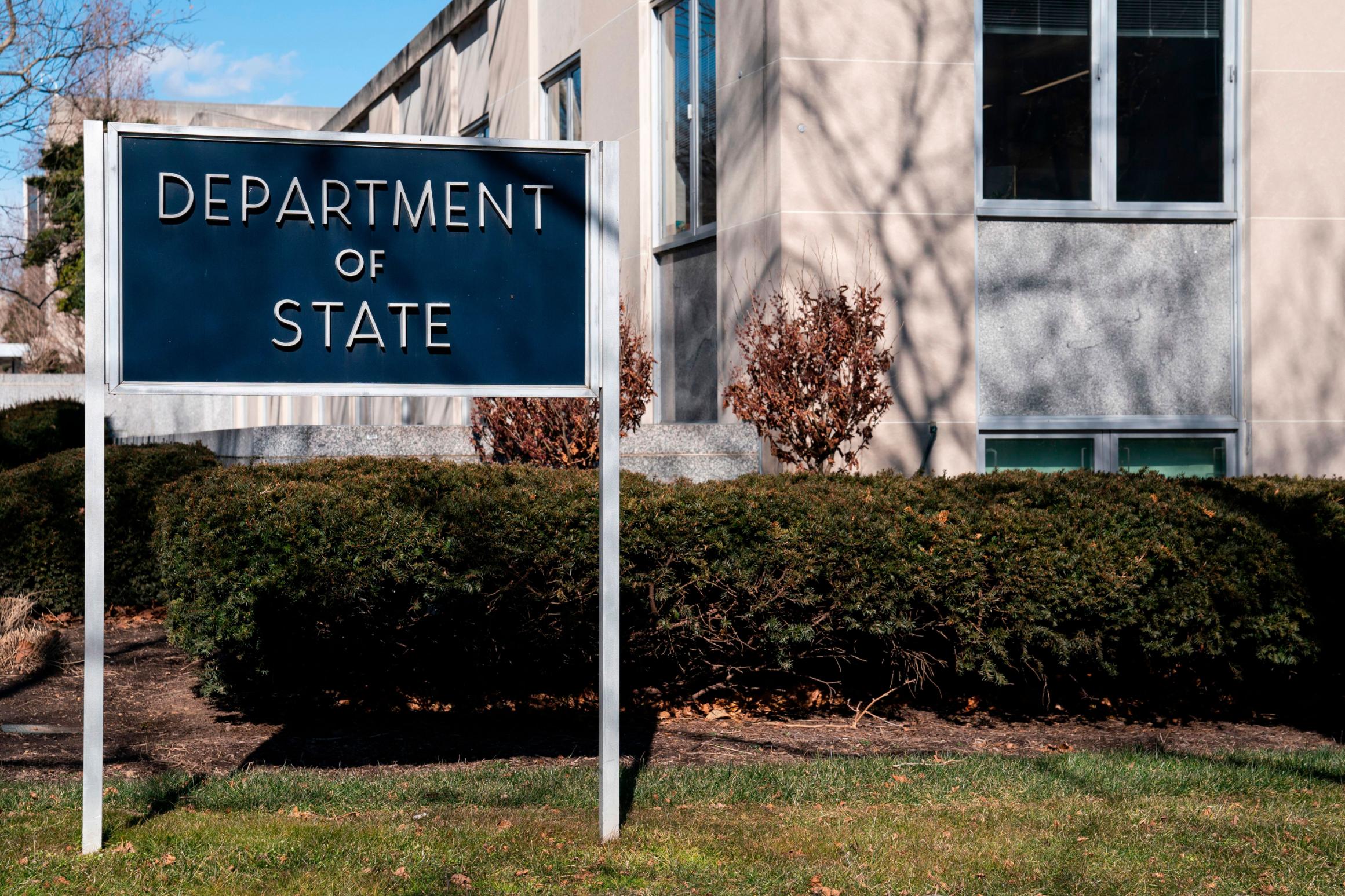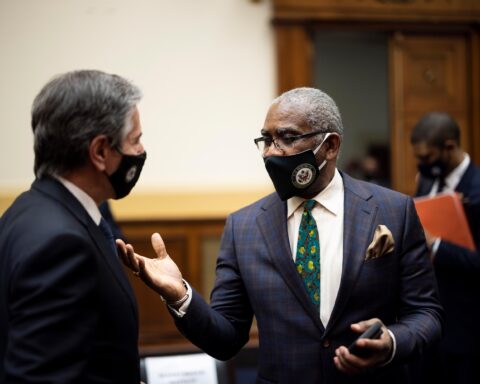The State Department’s watchdog has opened a number of reviews related to the US exit from Afghanistan, according to a letter from the acting inspector general obtained by CNN.
In the letter dated Monday, Diana Shaw told top lawmakers on a number of congressional committees that the Office of Inspector General had notified the State Department last Friday that it was initiating the “oversight projects related to the suspension of operations at U.S. Embassy Kabul, Afghanistan.”
Politico was first to report on the new reviews.
“Specifically, OIG’s work will include reviews of: (1) the Afghanistan Special Immigrant Visa Program; (2) Afghans processed for refugee admission in the United States; (3) resettlement of Afghan refugees and visa recipients; and (4) Embassy Kabul emergency action planning and execution, to include evacuation of U.S. citizens and Afghan nationals,” Shaw wrote.
“Given the elevated interest in this work by Congress and the unique circumstances requiring coordination across the Inspector General community, I wanted to notify our committees of jurisdiction of this important work,” she said in the letter, which was addressed the chairs and ranking members of the House and Senate Foreign Relations, Oversight, Intelligence, and Homeland Security Committees as well as the Appropriations Subcommittees on State, Foreign Operations, and Related Programs.
The State Department watchdog reviews will add to the scrutiny of the rushed exit from Afghanistan, which attracted intense criticism from allies and lawmakers from both parties. Last month, the Air Force inspector general announced a review of the erroneous drone strike on August 29 that killed 10 civilians, including seven children.
Politico was first to report on the new reviews.
Ryan Holden, a spokesperson for OIG, told CNN that the office “notified its committees of jurisdiction today of planned projects in the areas you mention.”
“This work will be conducted in coordination with other members of the IG community,” he said, noting that it “is inaccurate to say that these projects are investigations.”
“We indicated to Congress that these projects will be reviews,” he said.
“We have no additional information to share at this time and Acting IG Shaw is not scheduled to provide a briefing on this work,” Holden said.
Probe will add to scrutiny of rushed exit
Lawmakers of both parties have been highly critical of the Biden administration over its failure to evacuate Special Immigrant Visa (SIV) applicants and other vulnerable Afghans sooner.
In late August, Secretary of State Antony Blinken defended the administration’s actions on the SIV program in the lead up to the fall of Kabul, but acknowledged that those efforts were not the same as “a full-on evacuation.”
“Because we believed that the government was not about, was not going to collapse, the military was not about to fade away when it did, we believed that we could do this with, in a very expedited way, more resources, more effort, more people out, but that we would have time to do it effectively,” he said on “Fox News Sunday” at the time.
The State Department said that there were 17,000 SIV applicants in the pipeline when President Joe Biden took office.
“No interviews had been done when we came into office for visas for these for these folks going back to March 2020. Now largely that was due to Covid. We restarted the interview process,” Blinken said, also noting a surge in personnel in Washington and Kabul to help process applicants.
“But here’s the rub, and I acknowledge this, there is a difference between moving expeditiously to get this program off the, you know, off the ground, off the dead stall that it was in, and get it moving — by the way we cut processing time in half during this period, and that’s exactly what we were doing. But and we also instituted Operation Allies Refuge to make sure that we could lift people out, which was not part of the program to begin with,” he said. “But there’s a difference between that and a full-on evacuation.”
A number of top Biden administration officials, including Blinken, Defense Secretary Lloyd Austin and Chairman of the Joint Chiefs of Staff Mark Milley, have appeared before congressional committees in recent weeks to testify about the withdrawal.





